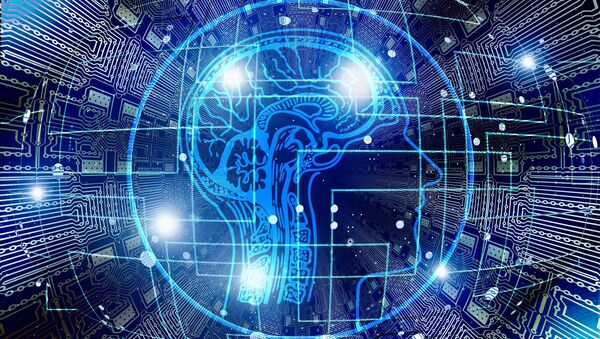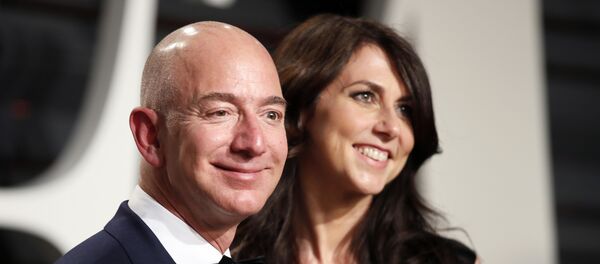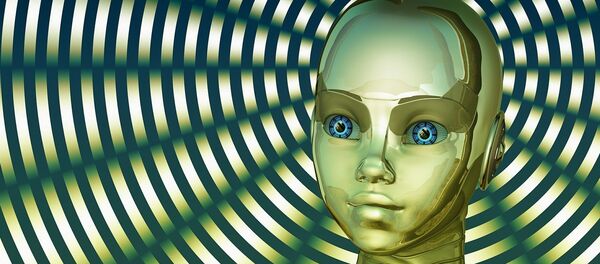For instance, California-based company Crosschq is using machine learning and data analytics to help employers with the job hiring process. According to the company’s website, its technology “gathers direct insights from people, for people and transforms those insights into powerfully predictive data that helps ensure a great job match between talent and a company.”
Using a proprietary technology called Human Intelligence Hiring, the company asks job candidates to rate themselves in different areas, such as “self motivation” or “attention to detail.” Meanwhile, the candidates’ references are also asked to rate the potential employee on the same factors. Using the technology, the company is able to compare both ratings and highlight any inconsistencies.
But that’s not the only domain where machine learning is being used: researchers at Drexel University in Philadelphia have also developed a smartphone app called “OnTrack,” which can predict when users are most likely to cheat on their weight loss plan.
Noting that weight loss apps are “exceptionally popular," Drexel psychology professor Evan Forman, a Drexel psychology professor, said in a March press release that “very few people are successful at losing weight and keeping weight off, even with the help of these apps. The bottom line seems to be that it is extraordinarily difficult to stay on the weight loss plan."
The app uses machine learning and advanced statistical methods to determine a user’s eating patterns.
“Specifically, it learns patterns that are predictive of staying on one's weight loss plan and patterns that are predictive of lapsing from one's plan,” Forman explained. “When the algorithm detects the risk of lapsing is high, it sends a special coaching message that matches the reasons that someone is at risk.” The app’s predictions improve over time as it gets better at predicting a user’s patterns.
Last month, researchers at the University of Copenhagen’s Department of Computer Science are developing a technology known as “Ghostwriter,” which utilizes machine learning to compare students’ assignments with their previous work in order to determine any instances of plagiarism.
“I think that it is realistic to expect that high schools will begin using it at some point,” Stephan Lorenzen, a Phd. student at the University of Copenhagen who helped develop the technology, said in a May press release. “But before they do, there needs to be an ethical discussion of how the technology ought to be applied. Any result delivered by the program should never stand on its own, but serve to support and substantiate a suspicion of cheating.”
The technology is being structured such that it can be applied outside the classroom, too, for projects such as forged document analysis by forensic document examiners.
"It would be fun to collaborate with the police, who currently deploy forensic document examiners to look for qualitative similarities and differences between the texts they are comparing. We can look at large amounts of data and find patterns. I imagine that this combination would benefit police work," Lorenzen noted.




